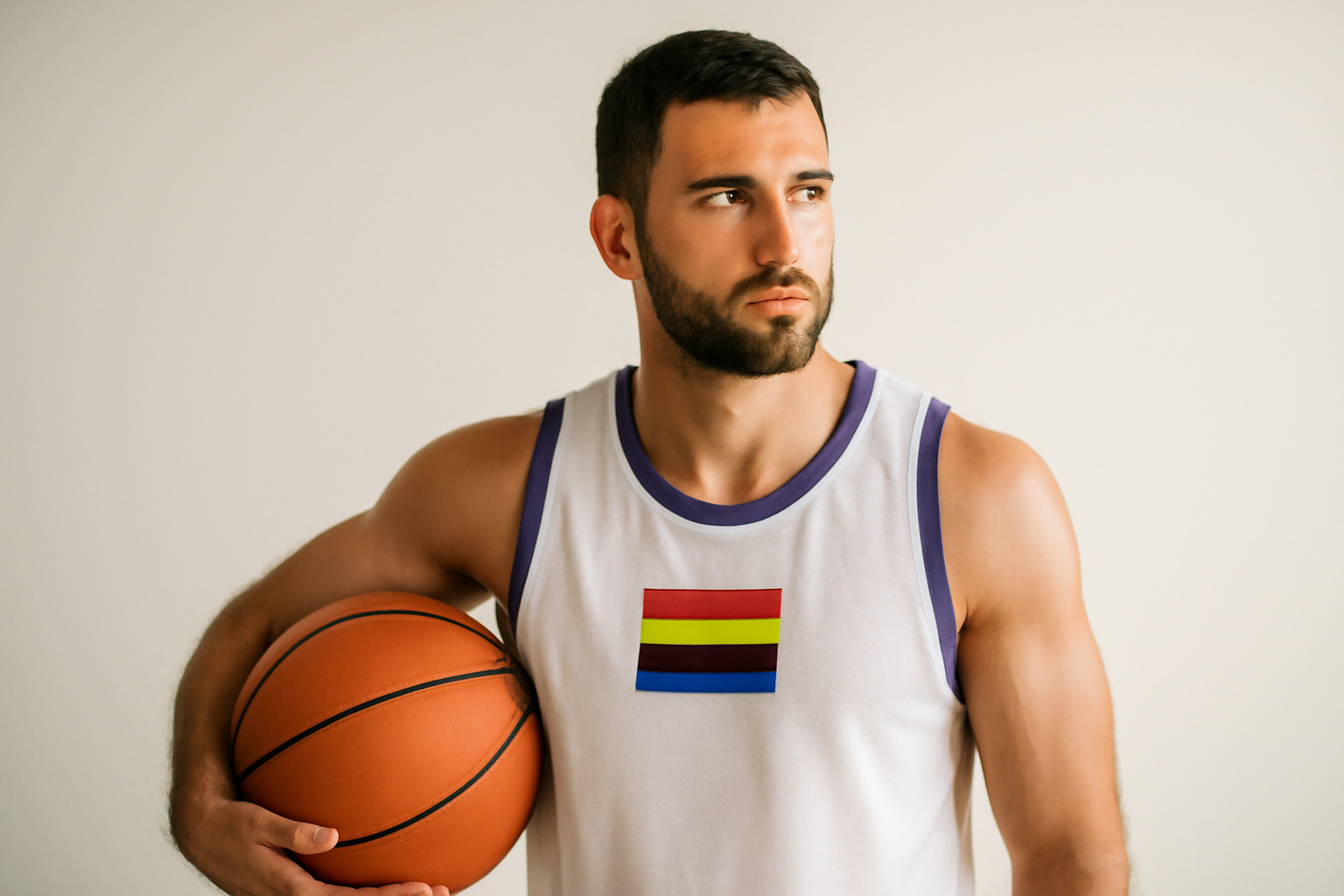
Exploring Title IX and Religious Exemptions in College Sports
Title IX was established over half a century ago with the intent to ensure that everyone, regardless of their sex, has equal access to educational opportunities. This landmark legislation has been instrumental in opening doors for countless individuals, including women and LGBTQ+ people.
However, there are educational institutions, predominantly Christian schools, that hold exemptions allowing them to sidestep Title IX. These waivers permit them to engage in discriminatory practices, often justified by their religious beliefs.
Both Republican and Democratic administrations have granted these waivers. Notably, the Office for Civil Rights under presidents like Barack Obama and Joe Biden, who have both publicly supported LGBTQ+ rights, have issued these exemptions. This raises significant concerns about the balance between religious freedom and civil rights.
March Madness and Licensed Discrimination
As the NCAA progresses through its famed Men’s March Madness basketball tournament, it’s important to recognize that some participating schools are beneficiaries of these exemptions. Presently, four schools within the tournament operate under such federal waivers.
Baylor University
Baylor University, seeded 9th, has a long-standing Title IX exemption rooted in its Baptist Church affiliation. This exemption permits Baylor to adhere to principles that include discriminatory stances on homosexuality and gender equality. In 2023, following allegations of discrimination, Catherine E. Lhamon of the Biden Administration reassured Baylor of its exemption status, which enables the institution to continue its discriminatory practices. Reports indicate that the environment at Baylor, especially during the tenure of former women’s basketball coach Kim Mulkey, was not welcoming to LGBTQ+ athletes.
Brigham Young University (BYU)
BYU, a 6-seed in the tournament, is directly affiliated with the Mormon Church. It has a controversial history concerning Title IX, holding exemptions that allow discrimination based on sexual orientation and other characteristics. The experiences of LGBTQ+ athletes at BYU, like runner Emma Gee and former mascot performer Charlie Bird, highlight the challenges faced by queer students in such environments.
Liberty University
Liberty University, seeded 12th, was founded by Jerry Falwell and has been a stronghold for anti-LGBTQ+ sentiment. Despite facing scrutiny for creating an unsafe environment that violates the Clery Act, the university sought affirmation of its Title IX exemption from the Biden Administration. This confirmation allows Liberty to maintain policies and practices that are discriminatory towards LGBTQ+ individuals, raising serious ethical concerns.
St. Francis University
St. Francis University, a private Catholic institution in Pennsylvania, participated as a 16-seed in the tournament, ultimately losing to Alabama State in the First Four. Despite its participation, St. Francis holds similar exemptions that permit discrimination, questioning the ethical implications of such schools competing at a national level.
The NCAA’s role in allowing these schools to compete amidst their discriminatory policies is a point of contention. While some argue that athletic performance should be separate from institutional policies, others contend that permitting these schools to compete tacitly endorses their discriminatory practices.
As March Madness captures national attention, the participation of these exempt schools serves as a reminder of the ongoing battle for true equality in education and sports. The conversation about religious freedom versus civil rights continues, with many advocating for a reevaluation of these exemptions in the interest of inclusivity and fairness.
To stay informed about LGBTQ+ issues in sports and beyond, consider subscribing to our newsletter. We strive to provide comprehensive coverage and foster inclusive dialogue in the athletic community.
Related Posts
Pride Month in Latin America: Protests and Demands for Equality
**Celebrating Pride and advocating LGBTQ+ rights in Latin America** Pride Month in Latin America was a lively mix where celebration met activism. Communities united, not just throwing a party but making a stand—demanding equality and pushing governments toward better protection and rights recognition. Throughout Latin America, pride events erupted in marches and cultural displays, each with a c [...]
Transgender Erasure Actions Implemented by National Park Service
```html Trump administration's impact on national park service and transgender recognition The Trump administration made notable moves in undermining transgender representation, which included directing agencies like National Park Service not include "T" and "Q" when they refered “LGBTQ” in any official communication. This move seems part a broader plan by this administration aimed at reducin [...]
Drag Night Extravaganza: Daddies & Baddies at Atlantic City's Anchor Rock Club
Atlantic City, NJ, isn't just about its casinos and boardwalk—it's a hub bursting with energy and entertainment. One event that truly captures this spirit? The "Daddies & Baddies" drag night at Anchor Rock Club. This vibrant night celebrates amateur drag in all its glory, offering a kaleidoscope display where creativity and community unite. If you're looking where inclusivity and creativity take [...]